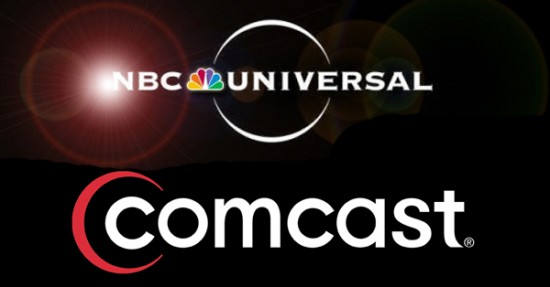
One of the main causes of automobile accidents is
talking on the phone while driving. According to the
Cellular Telecommunications & Internet Association, there are 236 million current cell phone users. These phone users cause the 330,000 injuries, 12,000 serious injuries, and 2,600 deaths each year found to be the effect of using a phone while driving.
The idea of suing a cell phone provider for something that happens because of the cell phone has had an effect on
recent news. On September 3, 2008, a woman by the name of Linda Doyle was killed in Oklahoma City by Christopher Hill. Hill was talking on his cell phone while driving and claimed that he was distracted by the phone call which led him to run a red light at 45 miles an hour, causing him to hit Ms. Doyle’s car.
In October, the daughter of Ms. Doyle filed a lawsuit suing the companies who provided Hill with the phone including Sprint, Nextel, and Samsung. Ms. Doyle’s daughter claims that companies should have provided warnings to people not to talk on their cell phone while driving.
Sprint/ Nextel, the company that provided Mr. Hill with his phone, “rejects the claims of negligence” and says that they provided safety warnings on packaging, user manuals, online, and in advertising, and therefore they should not be responsible for Mr. Hill’s actions dealing with the phone.
Russell Jackson, a lawyer who defends companies in product liability cases, said that generally consumers know it is risky to talk on a cell phone but do it anyway. This leads Jackson to believe that even with were more warnings, Mr. Hill’s actions would not have changed.
Mr. Hill ended up pleading guilty to negligent homicide but he does not blame the cell phone company for his actions. Though, Hill did mention that he was not aware of the warnings that the wireless companies did provide.
Clearly cell phones are related to accidents while driving. With drivers who are talking on a cell phone being four times more likely to get an accident, and these “cell phone using” drivers being less capable than drunk drivers with a blood-alcohol level above 0.08, it is clear that something has to be done.
The driver should be responsible for the crash not the cell phone, as the driver should have enough common sense to know that talking on a cell phone is a distraction. This means that the cell phone company should not be blamed for the crashes resulting in talking on cell phones.
Although the driver should be responsible for their actions and as driving while using a cell phone is considered a negligent action, there are other possible things that can be done to reduce the number of people affected by driving while talking on a phone. As Kenneth A. Bamberger, a professor at University of California, Berkeley, School of Law, mentions, this case deals with the use of a product that is known to be a significant risk, and the main question is who should take control over minimizing this risk. Although it should not be the cell phone company’s fault when a crash does occur, there are still things that can be done and should be done by the company to prevent many of these crashes from happening. Although many people may not read the warnings that cell phone companies provide, there are the percentage that do, and therefore these warnings would save lives. Anything that can be done to help save lives should be done and even though it is not the cell phone companies to blame for these crashes, they should still take action.


























 Jammie downloaded the songs and then shared the files through a
Jammie downloaded the songs and then shared the files through a 







